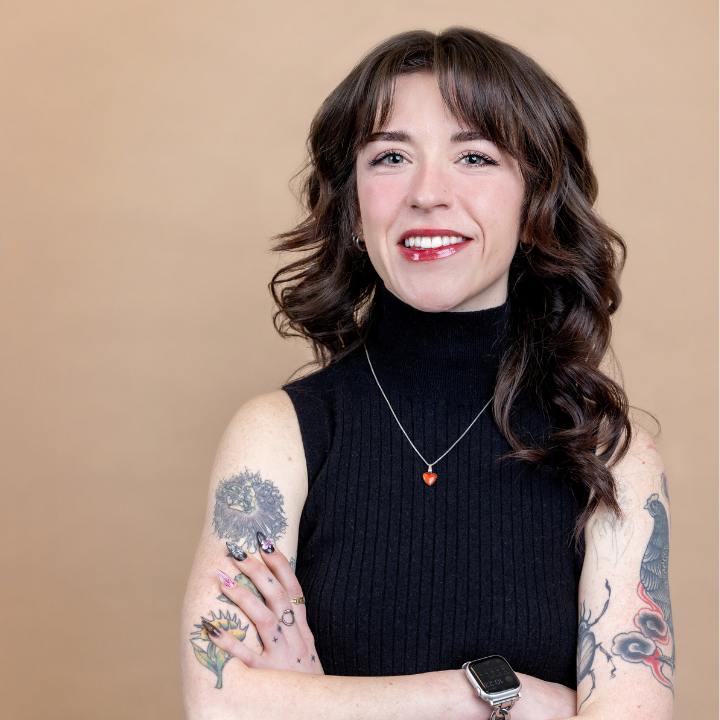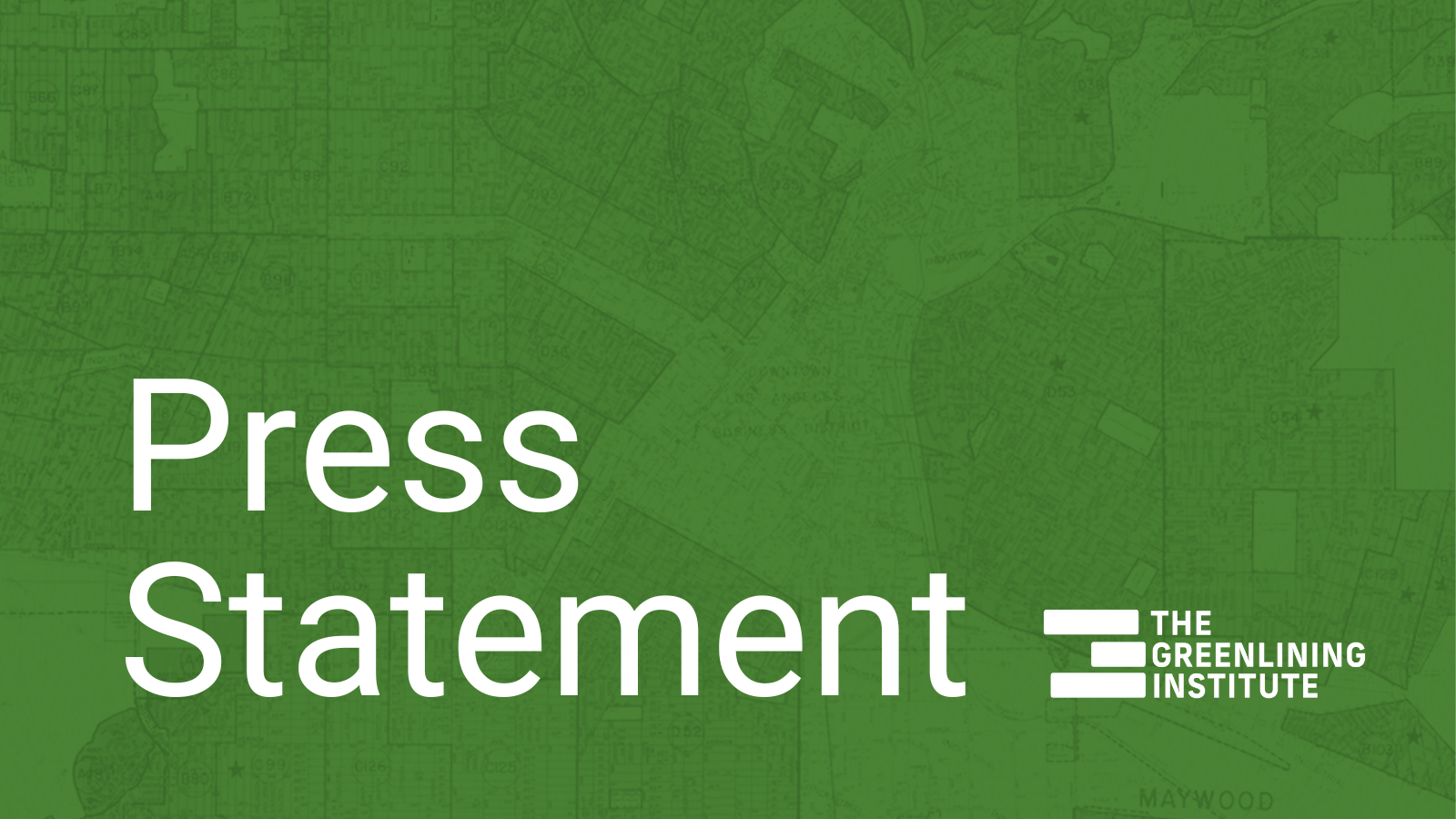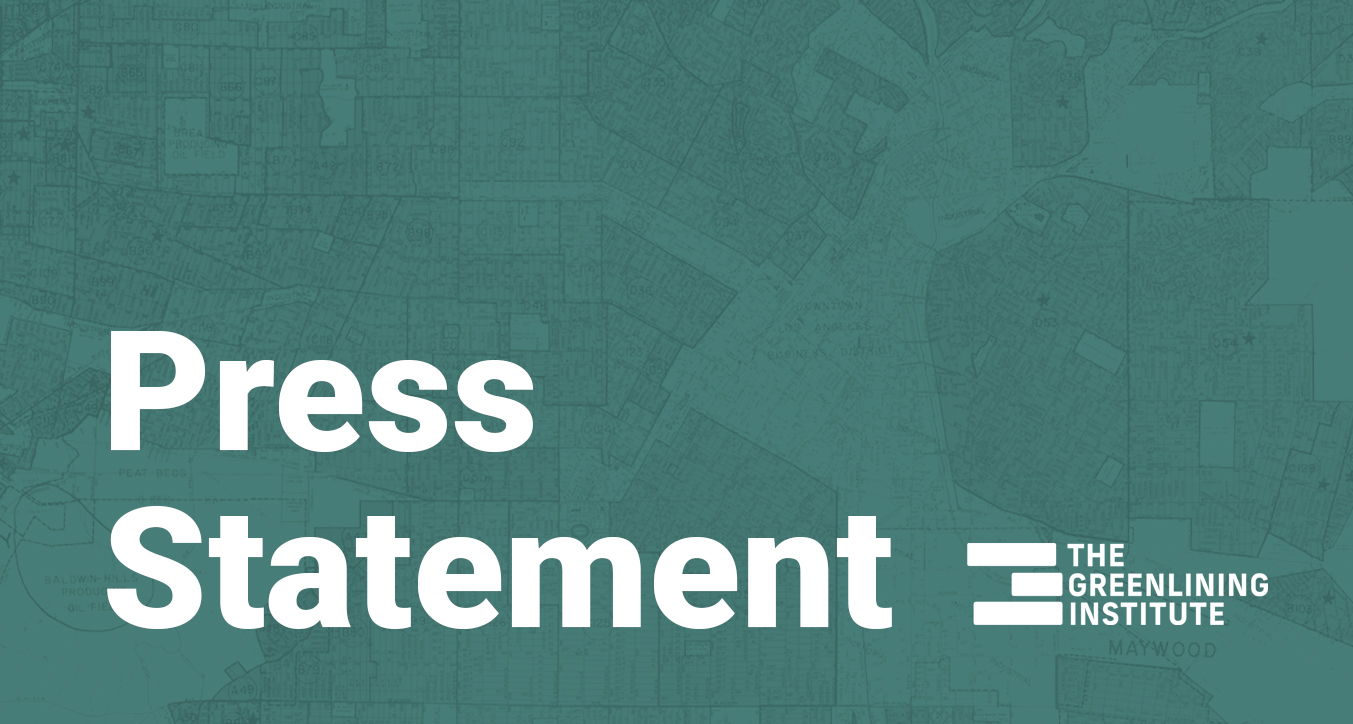New Energy Projects to Bring Clean Indoor Air to Rural CA Homes

Media Contact
Danielle Bell
Associate Director of Narrative Strategy
media@greenlining.org danielle.bell@greenlining.orgContact: Bruce Mirken, Greenlining Institute Media Relations Director, 510-926-4022; 415-846-7758 (cell)
Valerie Gorospe, Center on Race, Poverty & the Environment, 661-303-1032, vgorospe@crpe-ej.org
SAN FRANCISCO, CALIFORNIA – Today the California Public Utilities Commission approved a series of pilot projects to bring long-overdue relief to rural communities lacking natural gas service, providing residents with cleaner and healthier alternatives for heating and cooking, as well as home weatherization. The communities affected, among the lowest income in California and whose residents are overwhelmingly people of color, were historically redlined out of natural gas service.
“The Commission is taking an incredible step today by investing in San Joaquin Valley communities that have been unfairly excluded from California’s clean energy innovation,” said Greenlining Institute Energy Equity Legal Counsel Madeline Stano. “We are grateful for Commissioner Martha Guzman Aceves’s leadership and commitment to working in partnership with San Joaquin Valley residents.”
A group of San Joaquin Valley based organizations – the Center on Race, Poverty & the Environment, Leadership Counsel for Justice and Accountability and Self-Help Enterprises, working closely with The Greenlining Institute – successfully advocated for extensive community-led design of the pilot programs.
Overall, 1,891 households in Allensworth, Alpaugh, Cantua Creek, Ducor, Fairmead, Lanare, Le Grand, La Vina, Seville, California City and West Goshen will receive either new natural gas service or no-cost electric cooking appliances and heating, along with home weatherization and energy efficiency upgrades. In combination, these upgrades will provide cleaner indoor air and lowered energy bills.
“Some of the poorest communities in the state are forced to pay the highest energy cost, and in addition many are facing other challenges like contaminated drinking water and bad air quality,” said Abigail Solis, Senior Community Development specialist for Self-Help Enterprises. “These pilot projects will not only directly benefit these 11 communities, they will also provide the basis for future implementation of affordable and clean energy options for the remaining 170 San Joaquin Valley communities that either partially or completely lack access to natural gas.”
All of the pilot programs include local hiring and job training as well as energy bill financial protections and renter protections for tenants in buildings receiving upgrades. The projects will also support residents in accessing additional state programs to further reduce their energy bills, like the Community Solar Green Tariff and California Alternative Rates for Energy (CARE) programs.
“Today, the CPUC took a step toward addressing the historic neglect that hinders health and opportunity in disadvantaged communities by increasing access to affordable energy,” said Leslie Martinez, policy advocate with Leadership Counsel for Justice and Accountability, one of the organizations that supported residents in pursuit of these projects. “This victory builds on years of advocacy by community leaders and their determination to contribute to — and share in — the multiple environmental benefits of confronting climate change.”
“Today’s decision sets a roadmap for affordable and clean energy in other disadvantaged communities. It also addresses decades of inequitable distribution of resources through a process that has been and will continue to be community driven,” said Roger Lin, attorney with the UC Berkeley Environmental Law Clinic. “We thank Commissioner Guzman Aceves and her staff.”


